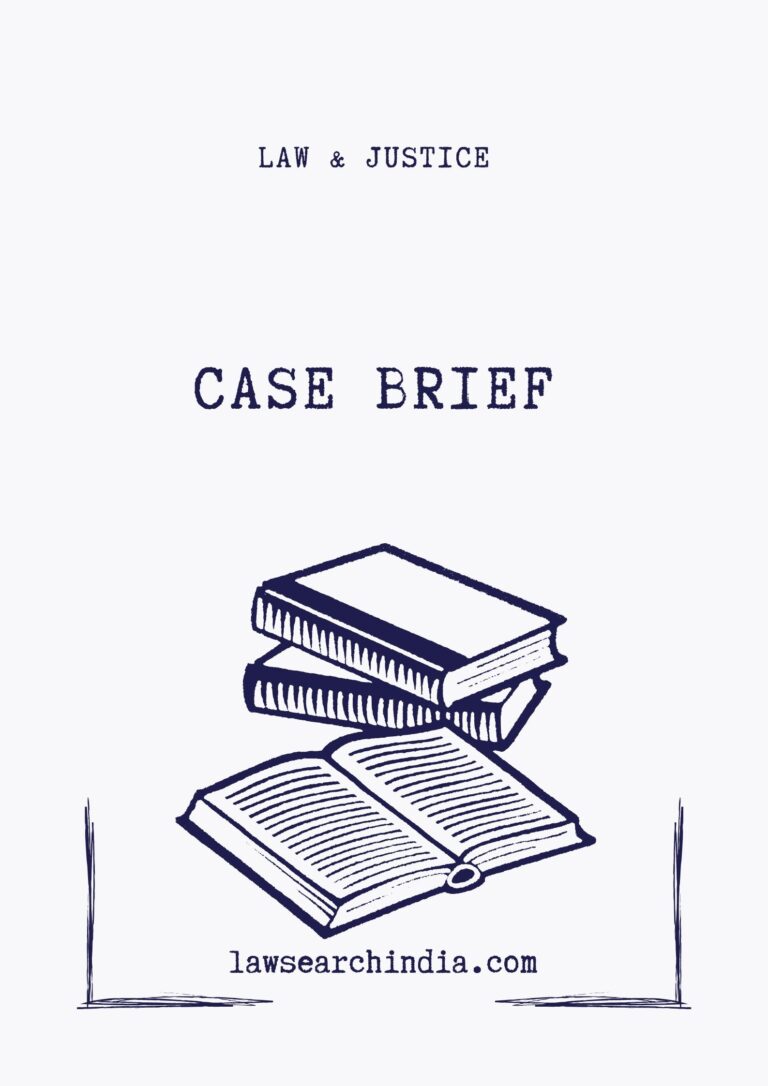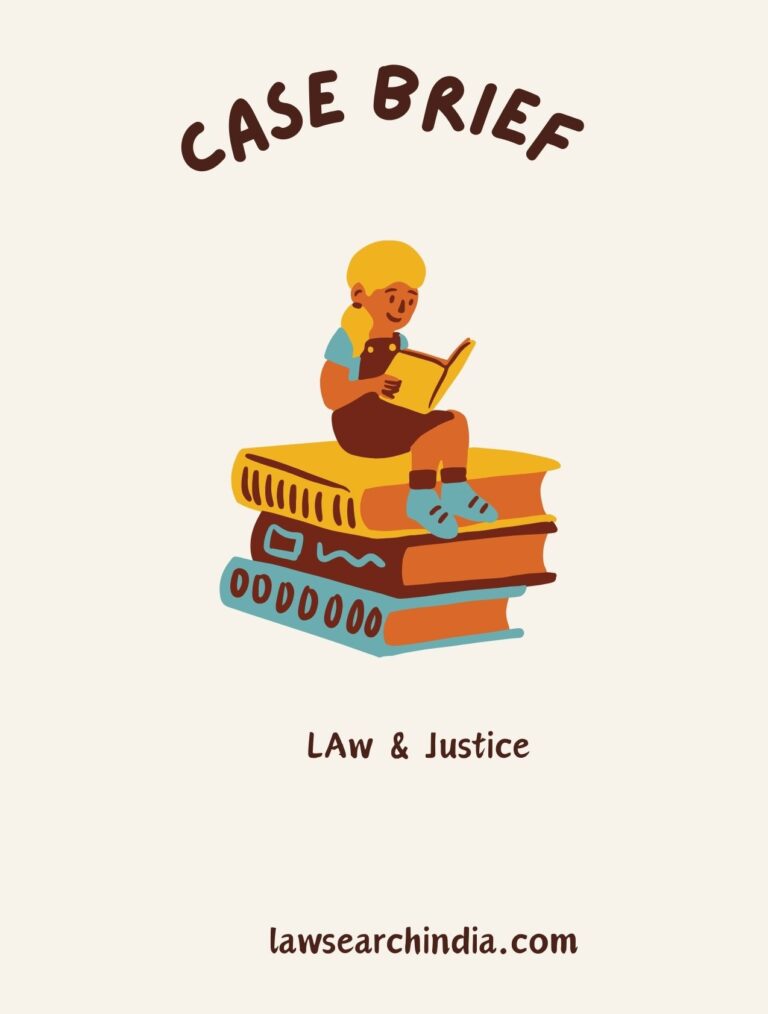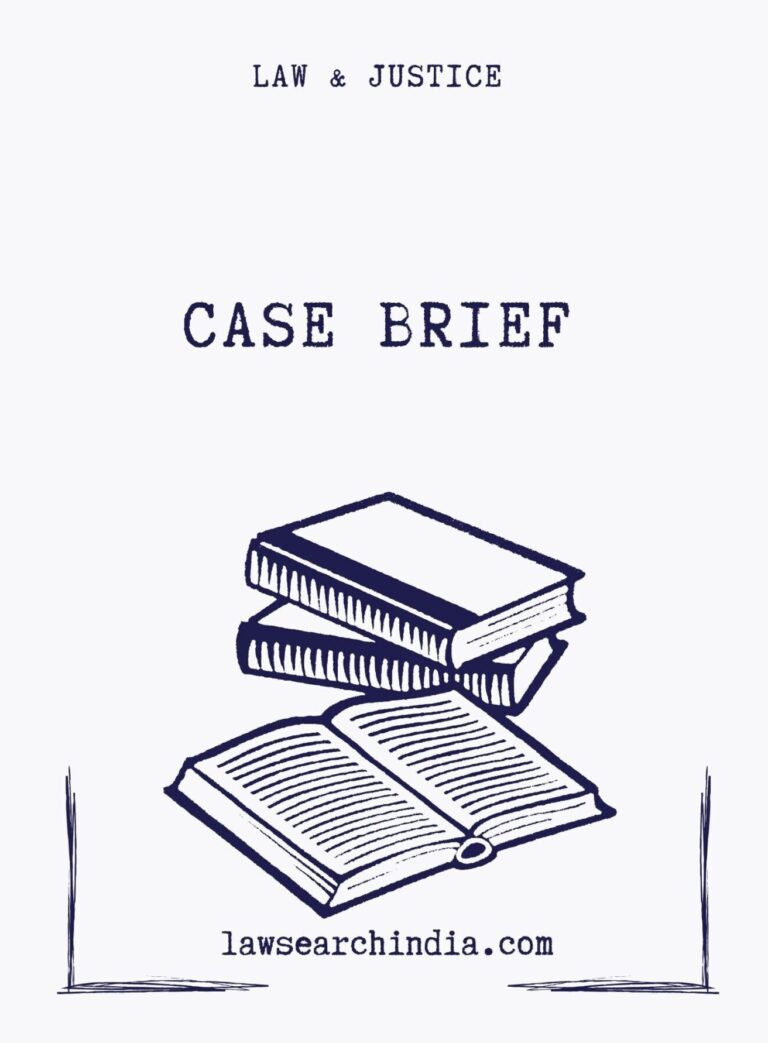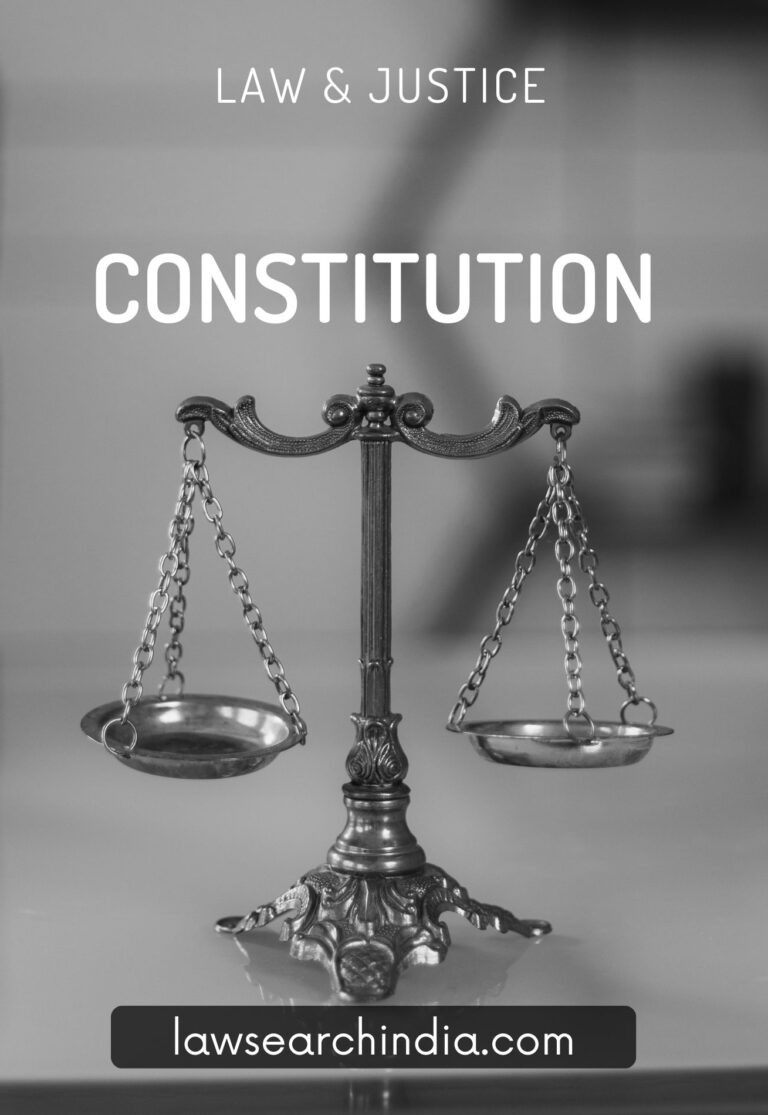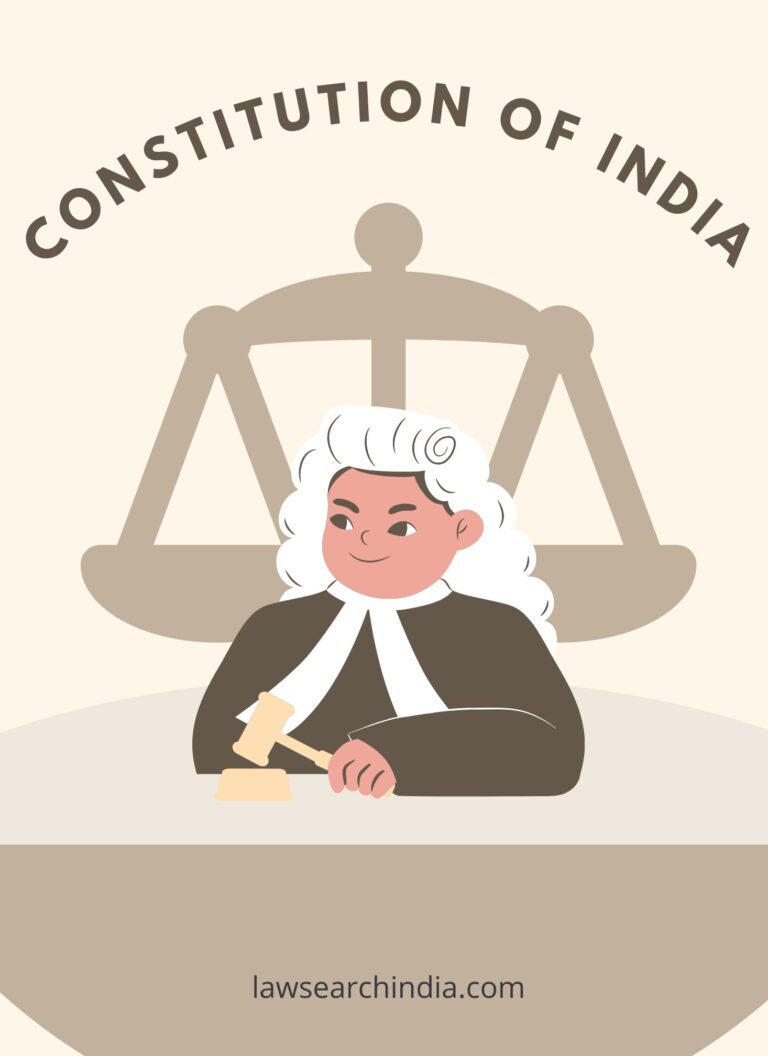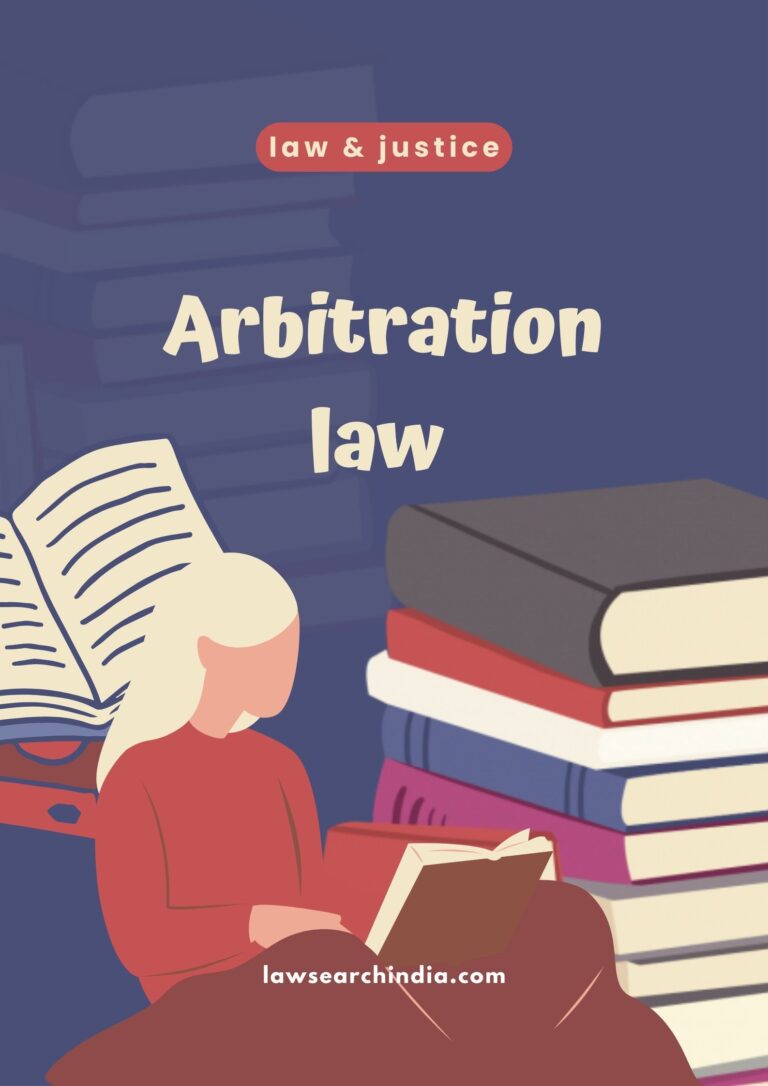APPLICABILITY OF RES JUDICATA
Res judicata is applicable once the conditions stipulated under section 11 of CPC are established. Res judicata is not a bar on the party to initiate a proceeding against the other party in fact it precludes the court from trying any suit or an issue. Therefore, the res judicata is not applicable to the subsequent suit when the former is decided by the competent court in fact the same is applicable at the different stages of the same suit. Despite the operation of res judicata on all the civil suits and issues of the said suit, the question is whether the said principle is applicable in the case of public interest litigation and writs under Articles 32 and 226 of the Constitution of India and criminal proceedings.

